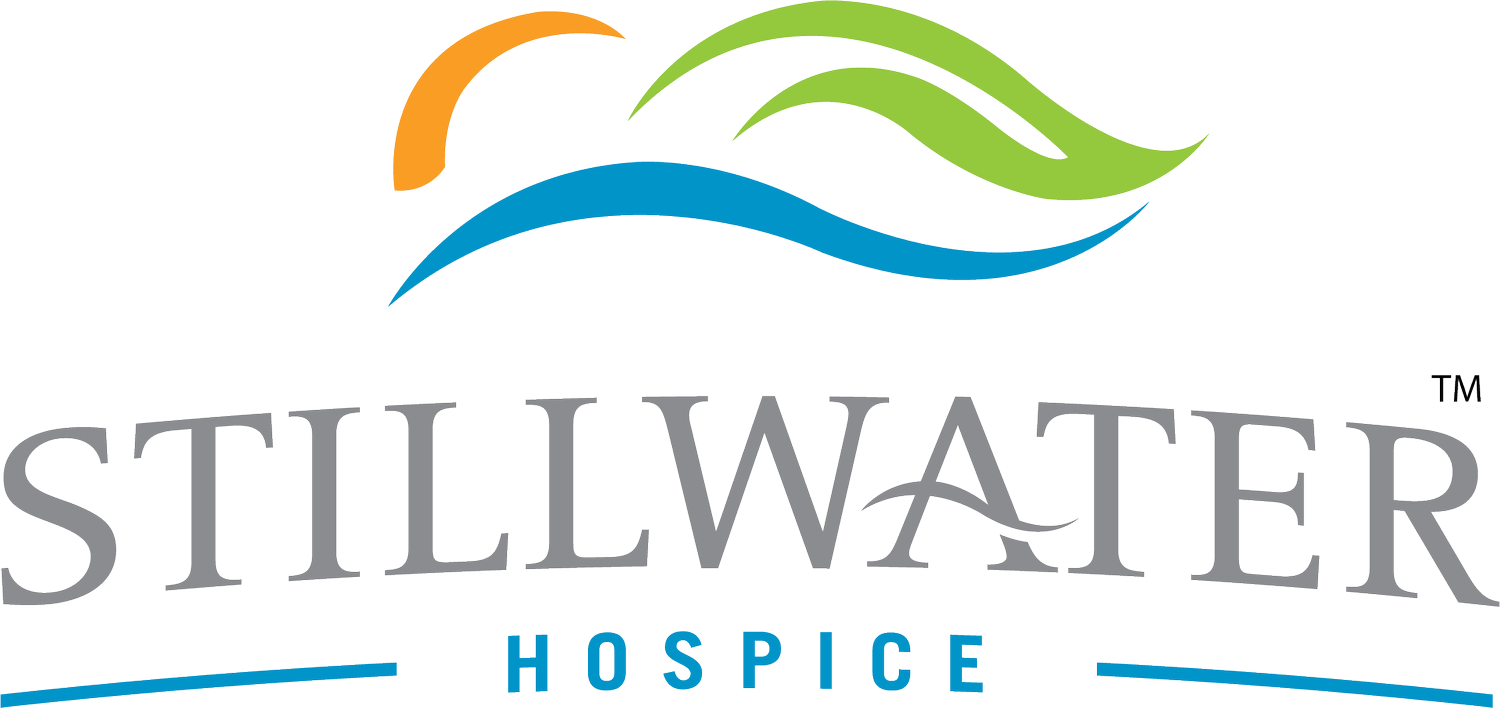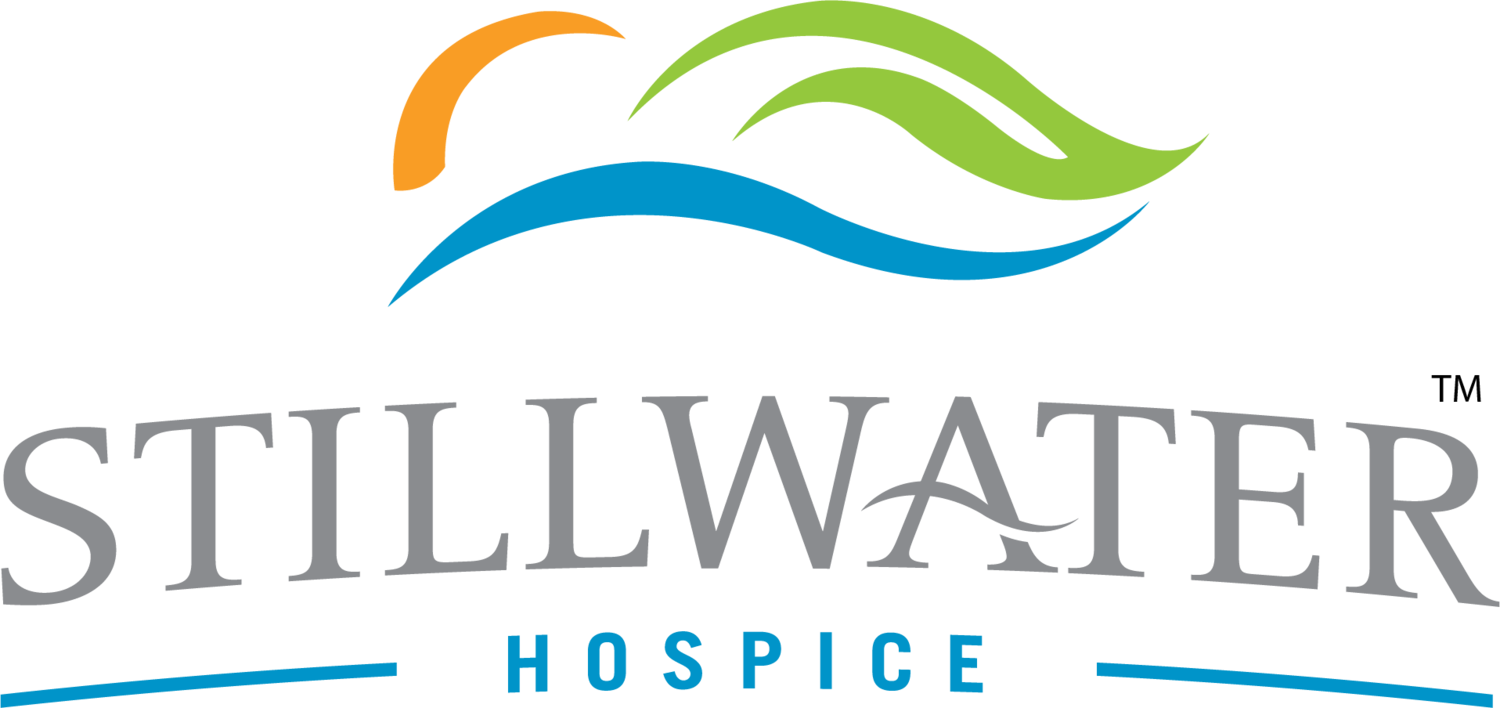New Year, New Perspectives on Hospice Care
As 2025 begins, many of us reflect on what truly matters: family, health, and living life to the fullest. It’s a time to embrace new perspectives, and one area where a shift in understanding can make a profound difference is hospice care. Despite the compassionate care it provides, hospice remains surrounded by misconceptions that can prevent families from considering it as a viable option for their loved ones. Let’s start the new year by openly addressing these myths and approaching hospice with open hearts.
Myth #1: Hospice Means Giving Up
One of the most common misconceptions is that choosing hospice equates to giving up on a loved one. Hospice care focuses on enhancing quality of life, not surrendering to illness. It’s about making the most of every moment and ensuring that individuals and their families feel supported and comfortable during life’s final chapter. Hospice care empowers families to prioritize dignity, comfort, and meaningful connections. Remember: You’re not alone.
Myth #2: Hospice is Only for the Last Few Days
Many people believe that hospice is a last-minute service reserved for the final days of life. While hospice does provide exceptional care during the end stages, it’s most beneficial when started early. By engaging hospice services sooner, families gain access to a team of professionals who can manage symptoms, provide emotional support, and create a comprehensive care plan tailored to their loved one’s needs. Early hospice involvement allows for a more seamless and meaningful journey.
Myth #3: Hospice is Only for Cancer Patients
Another misconception is that hospice care is exclusively for individuals with cancer. Hospice serves people with a wide range of terminal illnesses, including heart disease, COPD, dementia, ALS, and more. Its holistic approach addresses physical, emotional, spiritual, and practical needs, regardless of the diagnosis.
Myth #4: Hospice is Expensive
Many families worry about the cost of hospice care, but Medicare, Medicaid, and private insurance cover most hospice services. Hospice organizations work closely with families to ensure financial concerns don’t hinder care. At Stillwater Hospice, we are committed to leaving no patient behind, guiding families through the process, and addressing any questions about coverage.
Approaching Hospice with an Open Mind
Understanding what hospice truly offers can make the decision less daunting and more empowering. Here are some ways to approach hospice care with an open mind:
Educate Yourself: Take the time to learn about hospice services, their support, and how they can benefit your loved one. Knowledge is key to dispelling fear and uncertainty.
Have Honest Conversations: Discuss hospice care early with your loved ones and healthcare providers. Open dialogue can help align goals and ensure that decisions reflect your family’s values.
Visit a Hospice Team: Meeting with a hospice team can provide clarity and reassurance. At Stillwater Hospice, we’re always available to answer questions and help families explore their options.
Focus on Quality of Life: Remember that hospice care is about living fully, even in the face of terminal illness. By prioritizing comfort and connection, hospice helps create meaningful moments that families can cherish.
A New Year of Compassion and Understanding
As we move into this New Year, let’s set aside misconceptions and embrace a fresh perspective on hospice care. At Stillwater Hospice, we believe everyone deserves to live with dignity and be surrounded by love and support. By approaching hospice with openness and understanding, you can provide your loved ones with the compassionate care they deserve—and make a difficult time more manageable for your entire family.
If you’re considering hospice care or want to learn more, we’re here to help. Contact our team to discover how we can support you and your loved ones in the year ahead.


